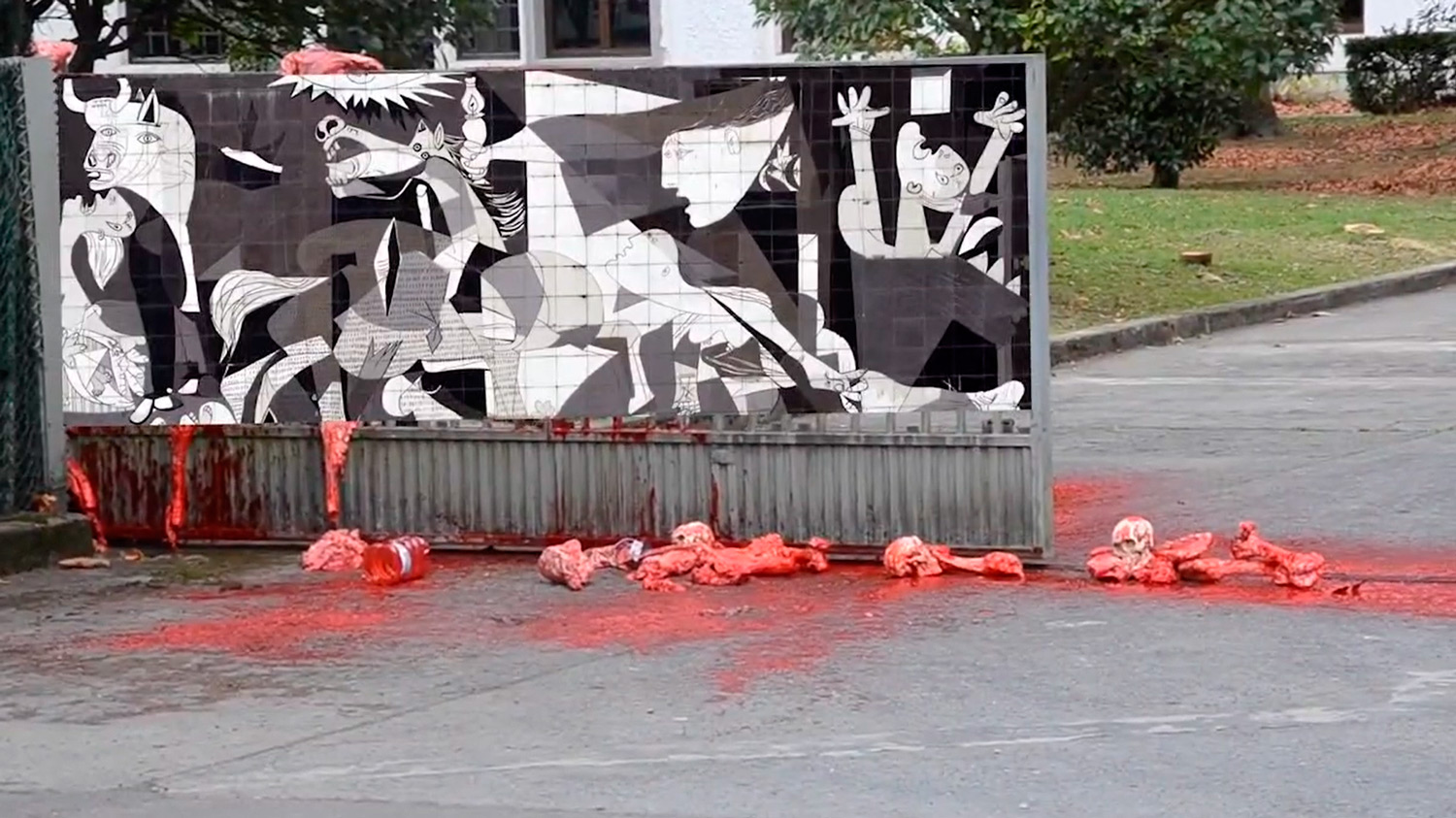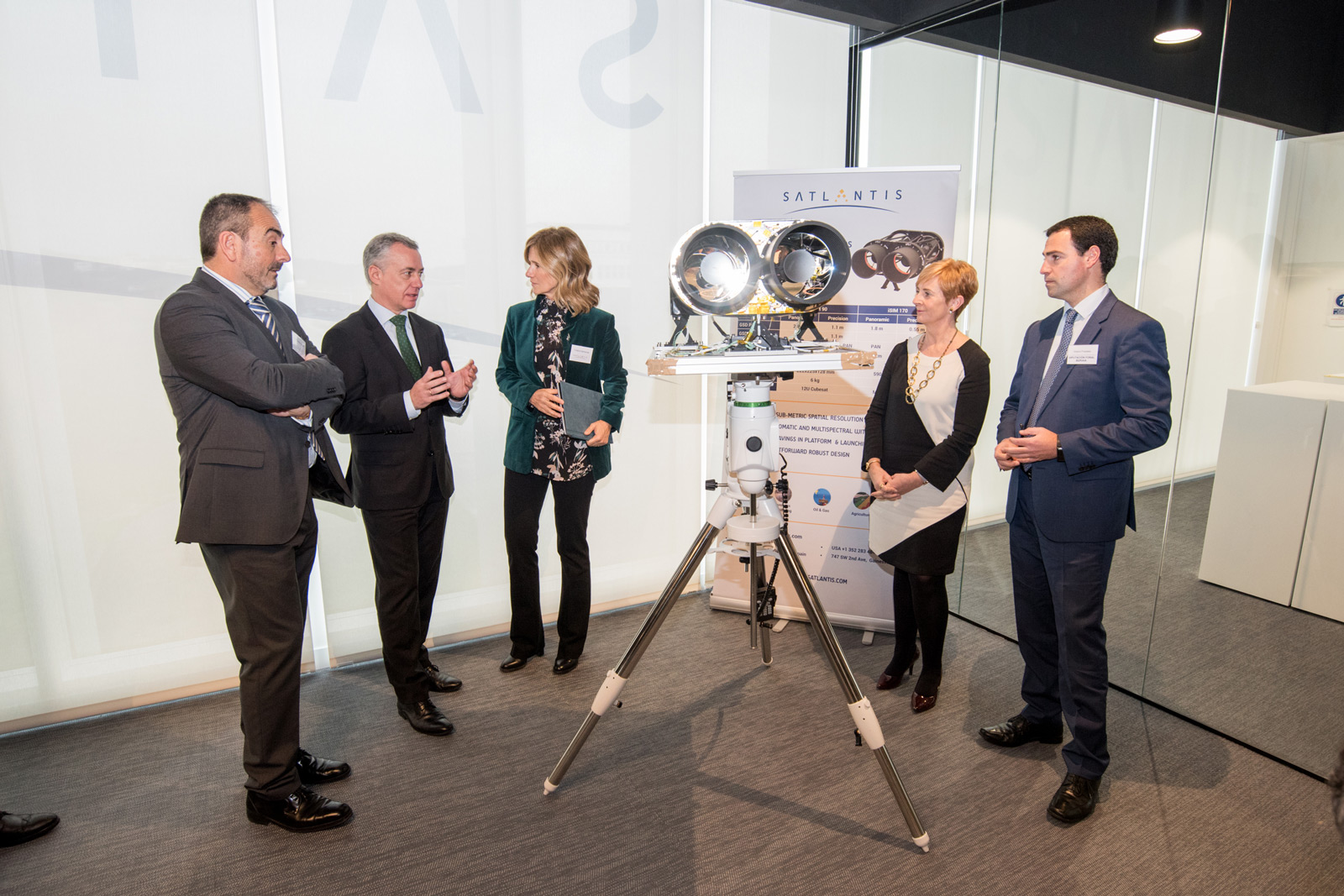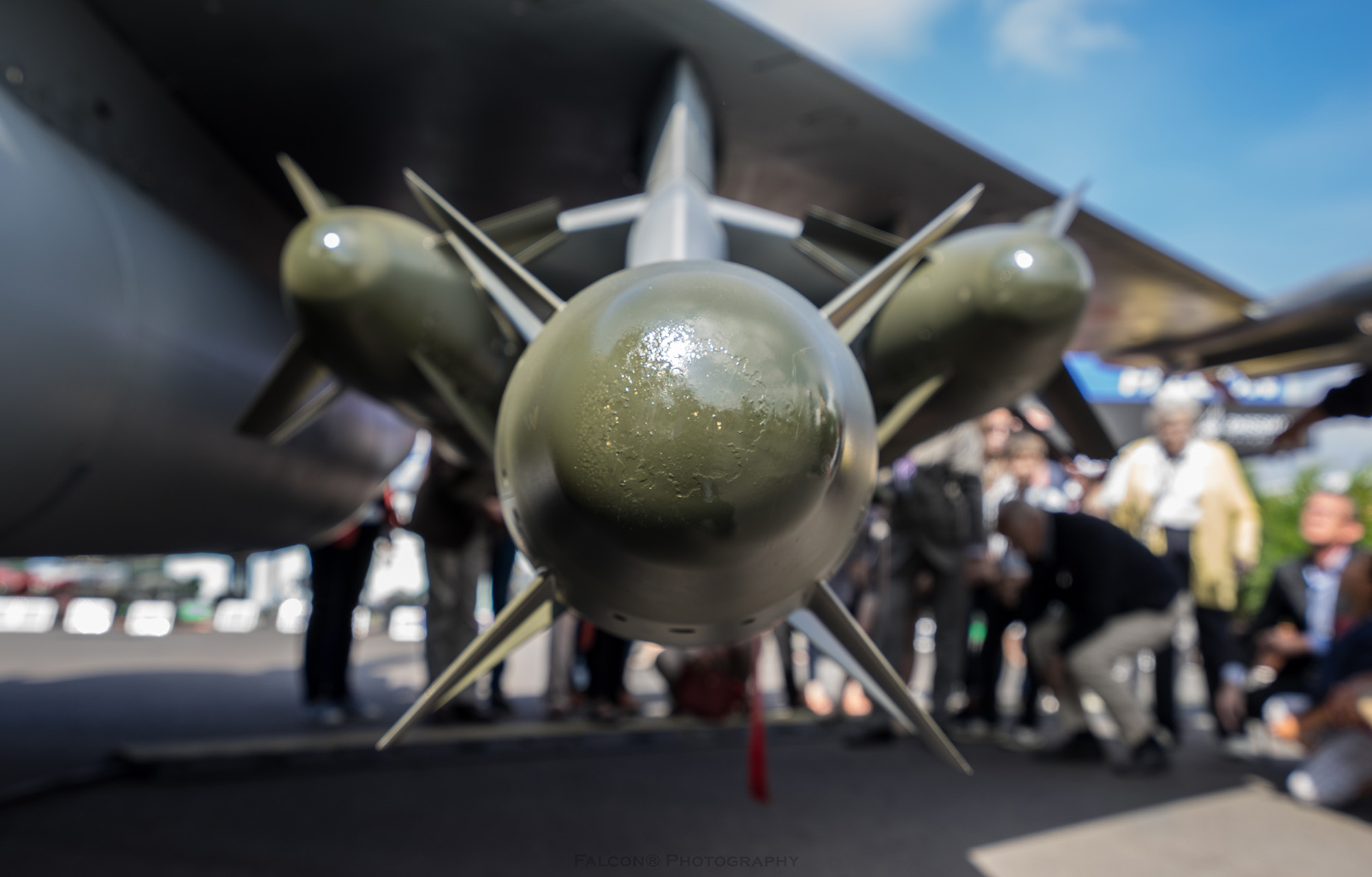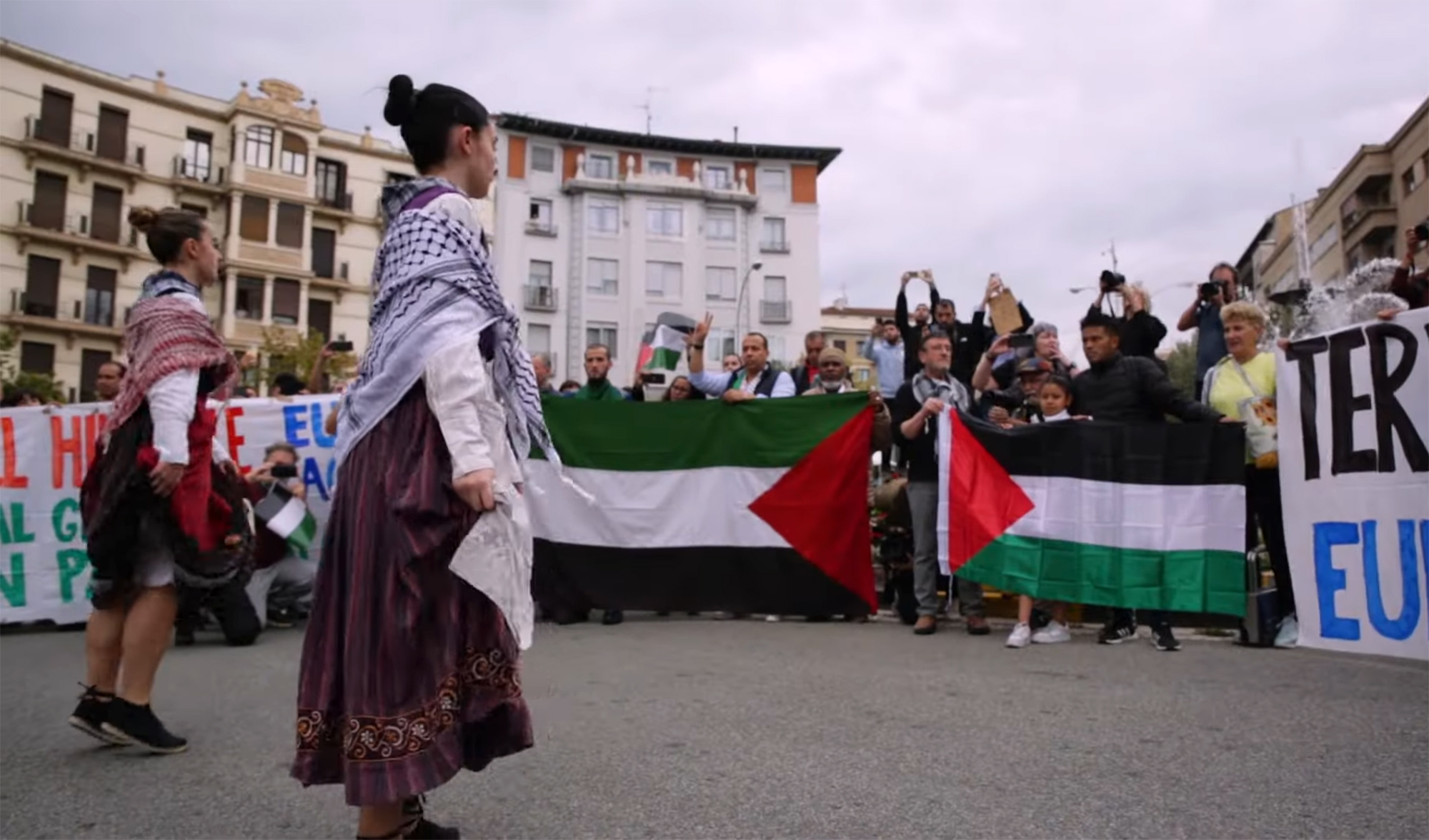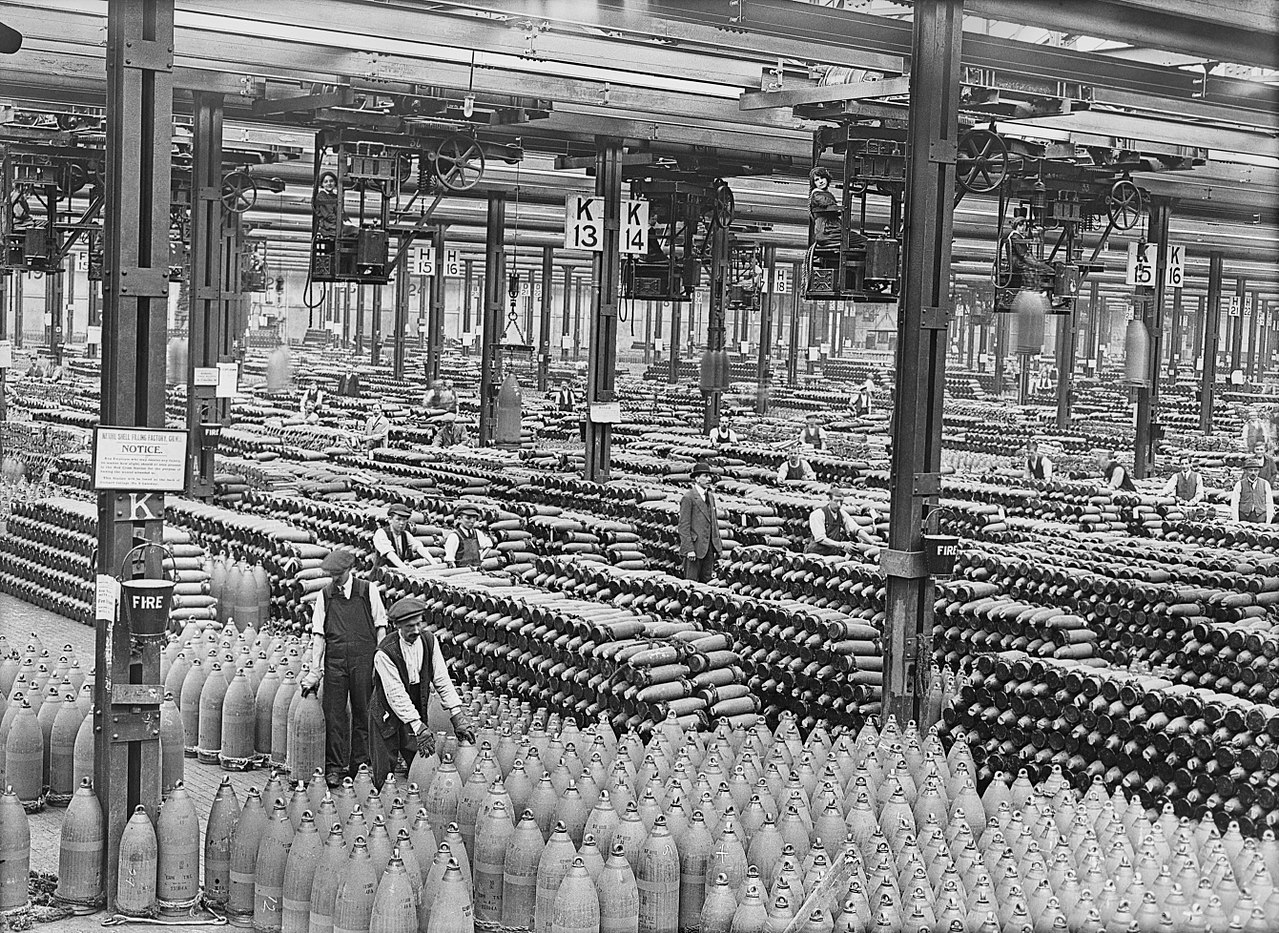
It has been two years since Russia officially invaded Ukraine and everything points to Russia being brought forward to Ukraine. Russia has been able to take advantage of the war industry to devastate the country’s economy, to seek a new way out of its energy resources and to unite – wood and carrot in hand – much of Russian society at the turn of the war.
The war still lasts and the two countries will continue to bleed, but Ukraine more than Russia. Throughout the war, moreover, the outcome of the U.S. elections at the end of the year may have more than one's tanks and drones. Ukraine is already heavily dependent on the West, with almost EUR 200 billion of subsidy in the two years from the US and the EU, and the prolongation of the war will make it even more dependent. On the contrary, Russia is self-financing with its resources, has more human resources to sustain and has a more developed war industry. The wind and the time are in your favour to be strong at the negotiating table, because no one doubts that the war will take place at the negotiating table.
We do not know how the war will end, but we do know that the impact it is having on Europe is enormous and that it will have it in the coming years, especially because it will drive the rearmament of states to what we do not yet know: In 2014, Member States spent some EUR 197 billion on political defence, currently some EUR 335 billion. NATO asks its members to allocate at least 2% of the budget to military spending, the majority is already there, Poland is 4%, and Germany says it will spend 3.5%. In wars some lose a lot and others gain a lot.
When military spending grows, social spending decreases. And vice versa. This was clearly seen in post-World War II Europe. This financed social spending in the Western Europe, especially in the “three glorious decades” of 1945-1975, in the most egalitarian era that workers have known in Europe. On the contrary, since neoliberalism assumed the leadership of capitalist society in the 1970s, we are moving in the opposite direction. The 2008 crisis proved it best. Neoliberal forces relaxed a bit after the pandemic, but put their austerity policies and spending ceilings back on the line. In this port, it is therefore unlikely that pensions, health care and the environment will emerge from this new attack without suffering much.
In other words, we must make the strongest and strongest possible commitment to medium-term social policies. Therefore, from 21 April, who is going to drive them better from the Basque Government: the PNV-PSE couples so far, EH Bildu-PSE-Sumario-Podemos or PNV-EH Bildu? There are no more options. It will then be a question of what kind of pressure the street puts on one or the other to make social policies as strong as possible.
On 26 December, during an air strike, the Israeli Army killed five Palestinian journalists trying to reach the city. They killed 130 Palestinian journalists. This news has reminded me of a couple of things, the first, the persecution of true journalists in any part of the world,... [+]
When we read in ARGIA the article "Children, Police, Micronutrients", we felt very identified with what the vitorians are living in the antimilitarist group in relation to social militarization. Recently, from different local groups and platforms, we have been asked for data on... [+]
It seems that everything is under control, that they know how to make us believe everything, that we never do what we want. As if we live in a constant announcement, we say ‘equal opportunities’, and we think we are saying ‘equal opportunities’, or the PSE says plurality... [+]
I don't know what atmosphere there is in the south of the Bidasoa, but at least in the north is the word "war." In the orders of December 31, 2023, President Macron could seven times correct the word "rearmament." They say that we need to channel the ‘war economy’, and that is... [+]
“Basque companies sold products worth almost EUR 200 million to Israel in 2022 at the level of Australia or Canada.” “Turnover of around 300 million is expected in 2023” (Eustat). "In the Middle East, Israel is a priority learning partner" (Government 2020... [+]








